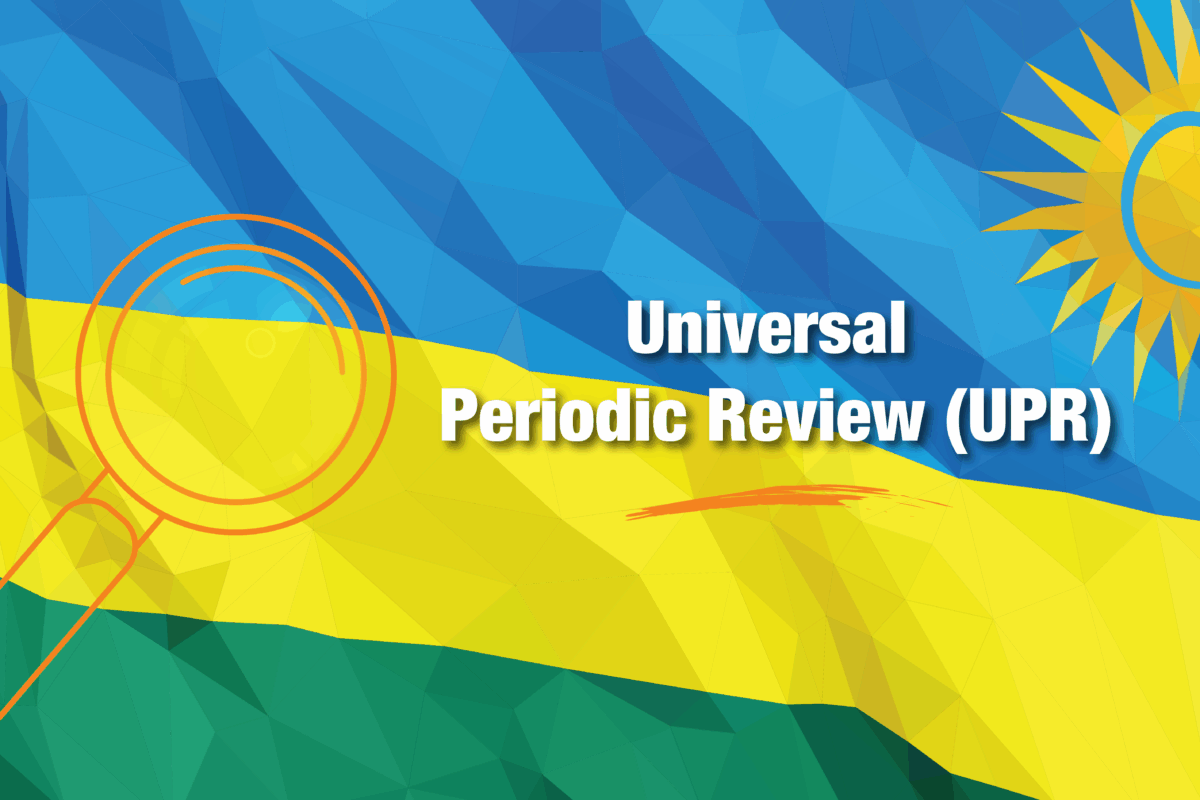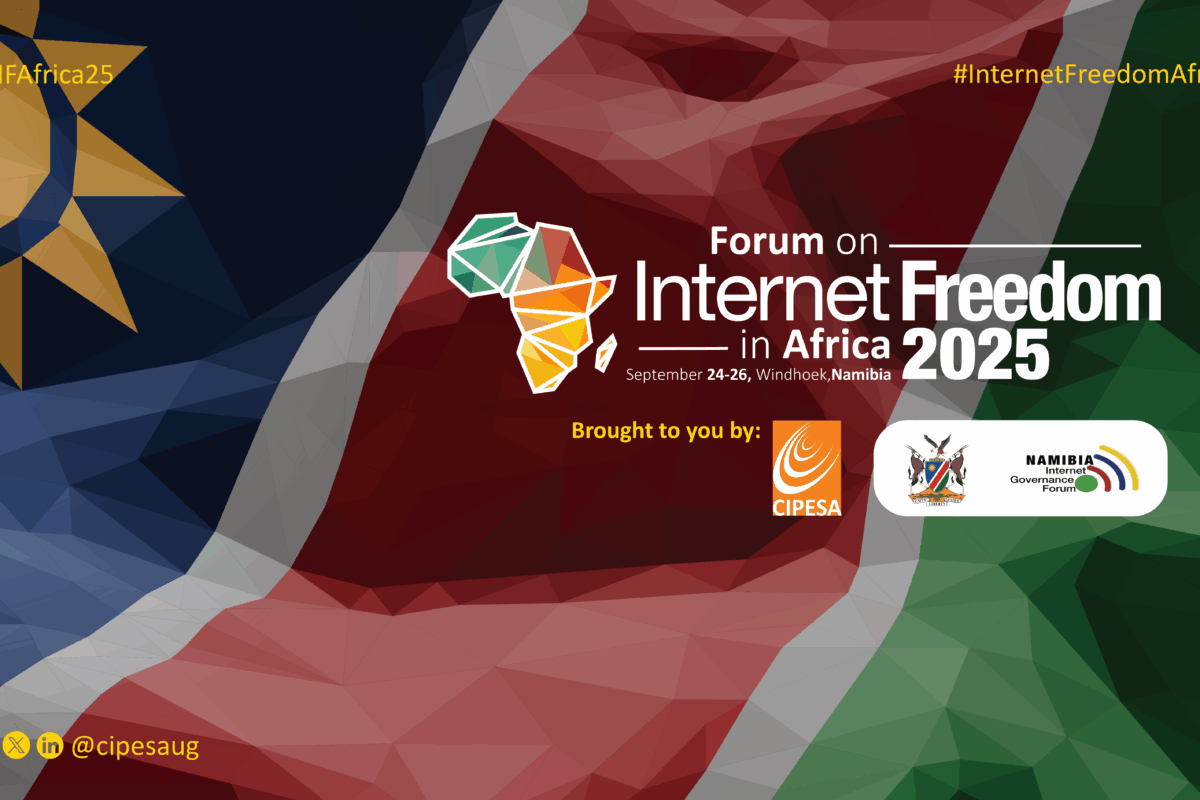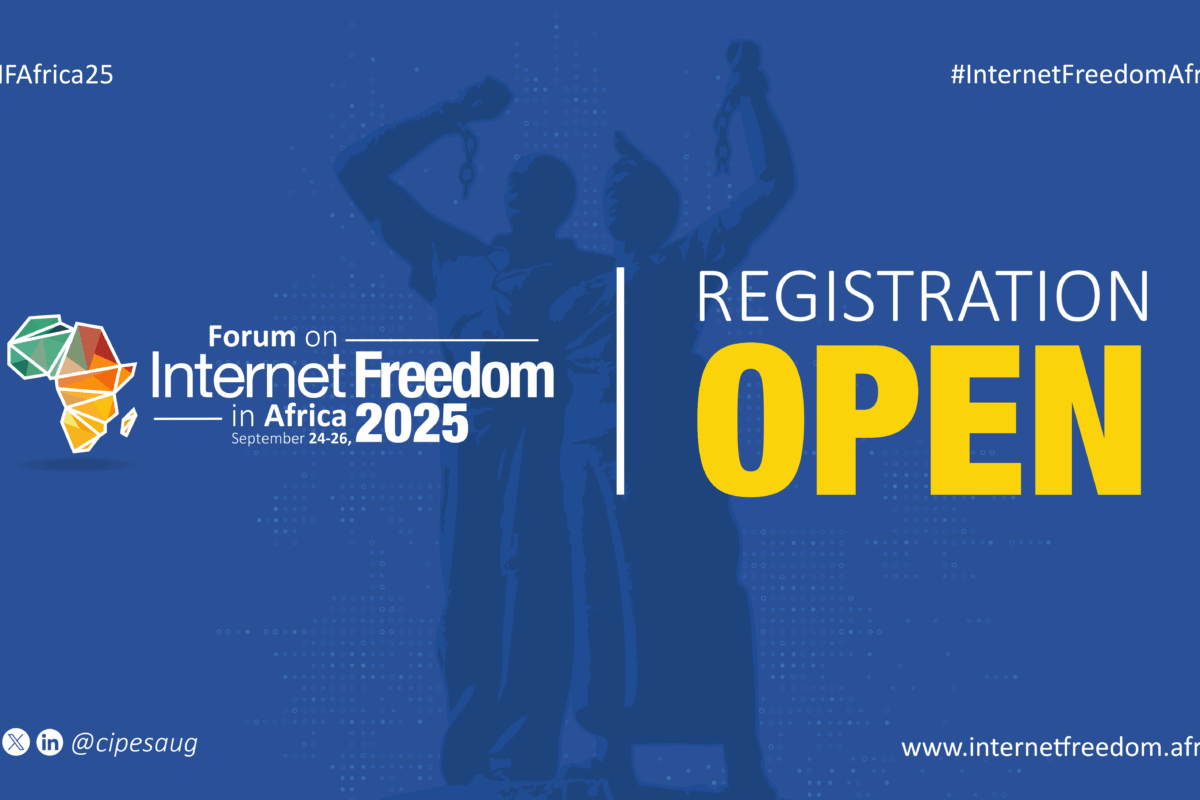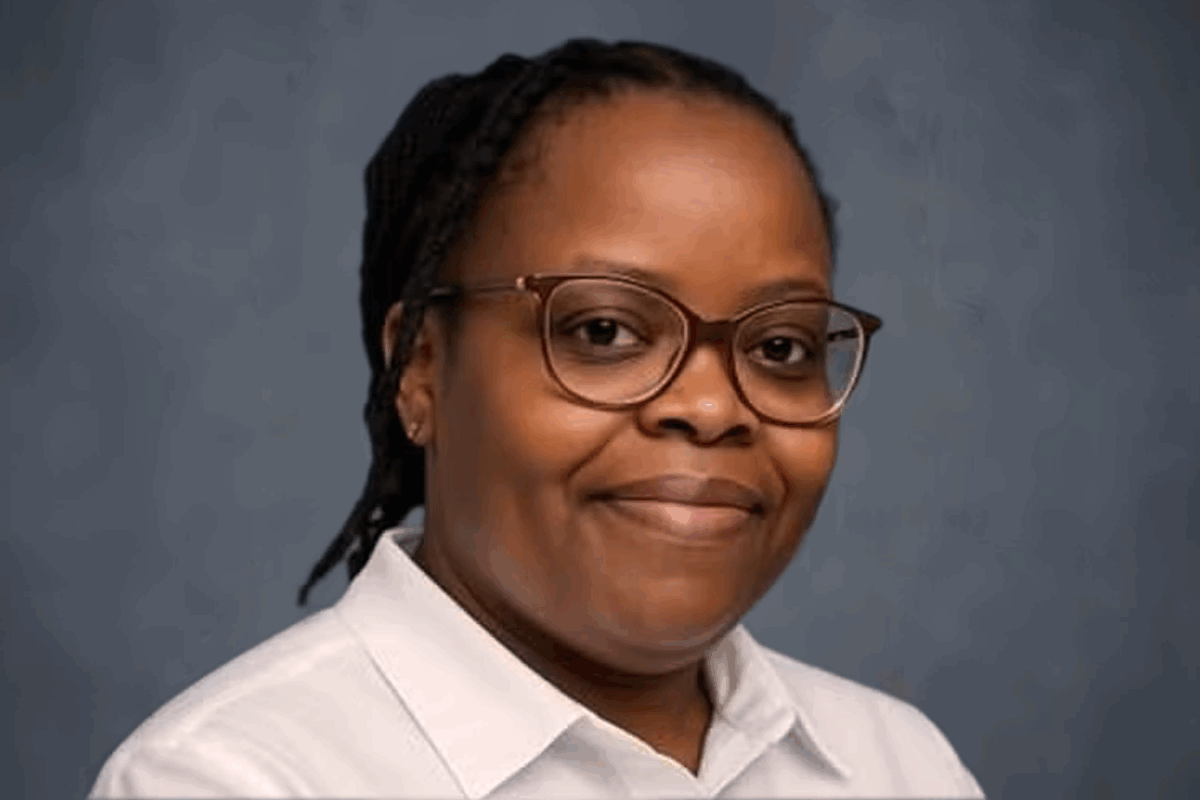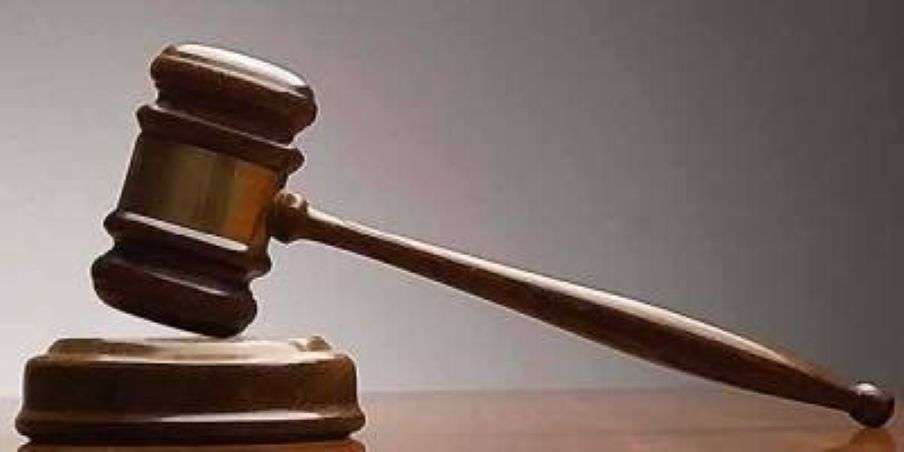By Edrine Wanyama |
Rwanda’s digital rights record has been assessed by the Collaboration on International ICT Policy for East and Southern Africa (CIPESA) and the Pan African Lawyers Union (PALU) in a joint submission to the United Nations Human Rights Council. The review contributes to the efforts of the Universal Periodic Review (UPR) mechanism to strengthen human and digital rights within the country. Notably, the review underscores the urgent need for reforms to safeguard freedom of expression, privacy, and digital inclusion in the face of evolving technologies and governance challenges.
The report highlights positive progress such as the enactment of the Data Protection and Privacy Law (Law No. 058/2021) which protects individuals’ data and establishes the Rwanda National Cyber Security Authority (NCSA) to oversee personal data management. The report also notes the establishment of the Irembo platform, which serves as a basis for enhancing access to public services.
Through the National Strategy for Transformation (NST2) for the period 2024 to 2029, the Rwanda government aims to attain 100% e-service access for Rwandans by 2030, including through enhancing digital skills and literacy under the Digital Ambassadors Programme. There have also been concerted efforts aimed to ensure the financial inclusion of women.
Nevertheless, fundamental freedoms, including free expression, access to information, assembly and association, remain severely restricted in the country. The report observes elevated and systematic threats and intimidation, harassment, arrests and detention and prosecution of government opponents and critics, human rights defenders (HRDs), journalists, and other online activists. This has had a chilling effect on the exercise of freedoms. Access to several websites has been blocked on government orders, while victims of government wrath are often slapped with lengthy prison sentences, which also serves as a tool to silence those who do not agree with the government.
Digital inclusion is also still a major challenge, especially for women, persons with disabilities and the rural populace. According to the report, digital inclusion continues to have adverse effects on the exercise of online rights and freedoms, although the country has a high broadband coverage (99%). Smart phone penetration remains low at 22% and the majority of citizens do not use the internet. The high taxes and high internet costs have further aggravated the inclusion gap.
In terms of its data protection landscape, the report acknowledges the positive step of enacting the Data Protection Act, but notes that the law is weak, lacks strong safeguards such as judicial oversight, and contains a substantively less effective redress mechanism.
Moreover, the report underscores that there is enhanced surveillance of individuals and their communications using sophisticated spyware and malware, such as NSO Group’s Pegasus spyware, and the extensive Closed Circuit Television (CCTV) networks. The surveillance has been deployed to target, threaten and intimidate journalists and other critics.
The report makes several recommendations to the committee to consider if the human rights record of Rwanda in online spaces is to be improved. These recommendations call on the government of Rwanda to:
- Decriminalise defamation and review vague laws used to suppress freedom of expression and peaceful dissent.
- Establish independent oversight over surveillance practices and introduce judicial safeguards to protect privacy.
- Strengthen the implementation of the Access to Information law and ensure that public bodies proactively disclose information.
- Enhance the capacity of the Rwanda National Cyber Security Authority to enforce data protection while ensuring its independence from executive interference.
- Promote inclusive digital access, especially for women, persons with disabilities, and rural communities.
- Cease censorship and arbitrary removal of online content, and establish transparent mechanisms for content moderation.
- Establish a favourable and safe environment for operations of human rights defenders, journalists and other online activists as opposed to persecuting them by repealing or amending laws to provide for rights-respecting provisions.
- Prohibit and penalise tech-facilitated gender-based violence especially against women and ensure their access to timely and effective redress.
- Investigate all cases of enforced disappearance, ensuring punishment for any perpetrators and justice for survivors and their family members.
- Make strong and repeated public statements at the highest government levels to make clear that all law enforcement authorities and investigation agencies should comply with the law, and that all detained people must be brought to court within 24 hours.
- Embrace universal design and ensure its full integration into the IremboGov platform to cater for and ensure that persons with disabilities especially visual impairments have full access to all of its services.

